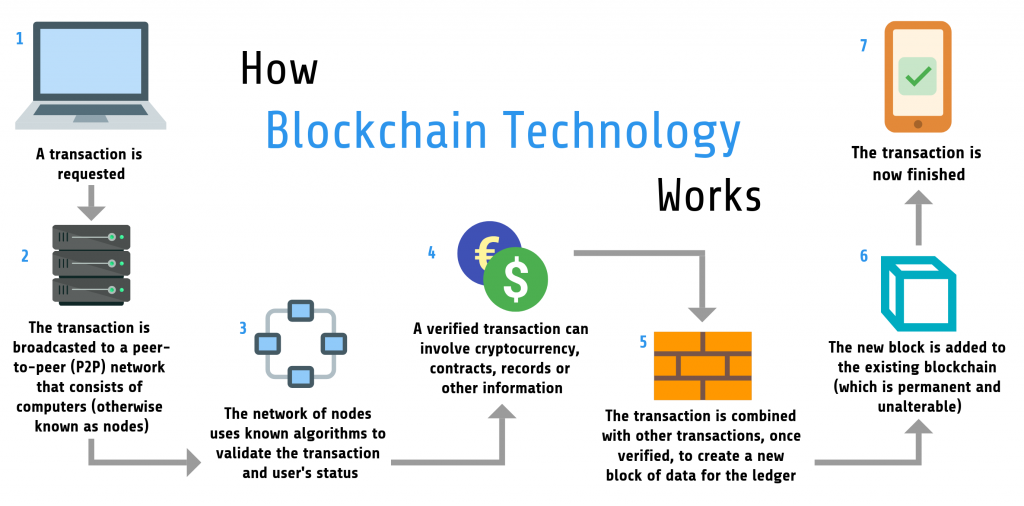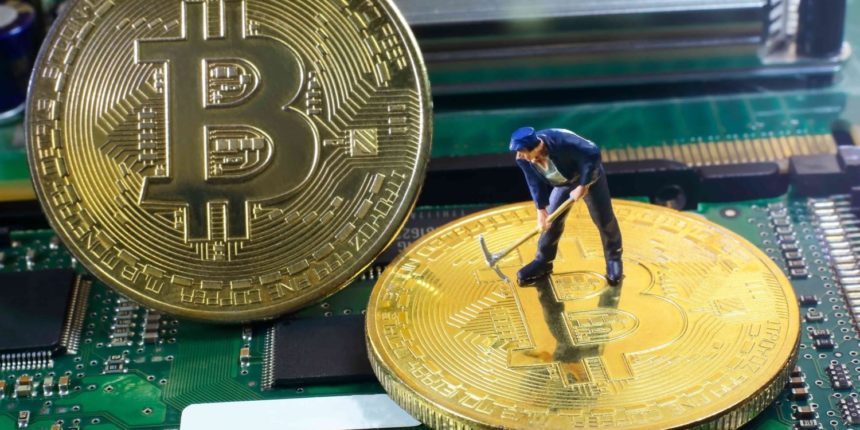Cryptocurrency has been around for a while now – ten years ago Bitcoin was released to the public as the first-ever decentralized cryptocurrency. This came shortly after a paper titled Bitcoin: A Peer-to-Peer Electronic Cash System was published under the name of Satoshi Nakamoto (interestingly enough their true identity is not known to this very day). Since then cryptocurrency has gained a reputation of being an unsafe and faltering investment that is just waiting to collapse in on itself. Is this true and what precautions should one take to keep their cryptocurrency safe? Read more below.

Can cryptocurrency be hacked?
Talking about the safety of cryptocurrency, there is one question that should be answered right away. Yes, just like any computerized system, it can be hacked. To what extent and how damaging the attack is going to be is a whole different question. Naturally, the more popular the cryptocurrency, the bigger the chance there is that someone will attempt to hack the exchange that uses that cryptocurrency.

What is most likely going to be attacked?
As mentioned above, the thing that gets attacked the most is public exchanges. These are a large part of all system hacks that have happened in the last couple of years. Hackers choose large exchanges that most likely use a hot wallet storage system – this means they keep all of their cryptocurrency data online at all times, as opposed to a cold wallet storage system that keeps the access information offline. Also popular among cryptocurrency thieves are phishing schemes. In general, a phishing scheme consists of hackers creating a nearly identical web exchange page to the one the victim usually uses, sending the link of the new fraudulent exchange to the soon-to-be victim and waiting for them to click on the site and enter their information willingly. After this is done, the hacker can access their information and drain the victims’ wallets of all of their cryptocurrency. But as one understands, this type of hacking is largely due to cryptocurrency owners themselves not being careful enough with their data, not the weakness of the technology behind cryptocurrency.
Viewing cryptocurrency as a regular currency. If we look at cryptocurrencies’ safety from the trading view, then we have to presume that the value of a cryptocurrency can fluctuate just like any other currency. The value of a cryptocurrency is given to it essentially by society’s interest in a particular cryptocurrency, making it more or less valuable than other currencies. What makes it a little less stable is the fact that cryptocurrency is not centralized. This means it is not associated with any country or bank, therefore if a cryptocurrency suddenly drops, gets stolen or just a simple tech error occurs that makes your cryptocurrency obsolete, no one can help you or reimburse you for your loss.

So what makes it safe?
In one short word – blockchain. Whichever cryptocurrency we are talking about, it is based on a technology called blockchain – it cannot be hacked because it is a distributed ledger with no central server. Therefore there is no one point of attack. Information and data are stored on thousands upon thousands of computers, and these are the computers that belong to all the participants of the cryptocurrency at stake. Logically thinking it is impossible to hack thousands or even millions of computers all at once to successfully hack a cryptocurrency.
In addition to this, the EU is taking steps towards legitimizing and regulating cryptocurrency, therefore making both public exchanges and overall usage of cryptocurrency easier and safer.

Still doesn’t seem like enough? Take these precautions to make cryptocurrency even safer for you.
- Step one seems like a pretty simple and a pretty popular thing to recommend and do – use complicated passwords and don’t use public wifi. This is a great safety recommendation not only for cryptocurrency users but also for anyone who uses the internet daily. So, a great tip for everyone.
- Don’t click on links in every well-worded and convincing email you receive – this goes out to avoidance of phishing schemes. When receiving an email that invites you to click on an exchange link, always check if the email is legitimate and if this link is identical to the one you usually use. Better safe than sorry.
- Tip number three is also a pretty logical one – always keep your firewall up and anti-virus up to date. And stay away from shady third-party programs. Even if you have never tried your hand at cryptocurrency, this is just a general rule of thumb to follow if you want to keep your data to yourself and your computer healthy.
- Nowadays there are far too many cryptocurrency exchanges, and some of them are not as legitimate as one would hope them to be. Always do your research before trading your digital assets on a cryptocurrency exchange.
- Last but definitely not least – stay away from illegal practices. One of the most popular ones would be pump and dump schemes. These generally work when a group of investors artificially raise the popularity of a stock (a cryptocurrency in our case) and sell it the instant the interest is high enough to make a significant profit.
Cryptocurrencies are safe if you are safe with them. Just as with anything, take precautions and remember, that this is money after all – someone will always want to take it and someone will always try to take it from those who have it.










